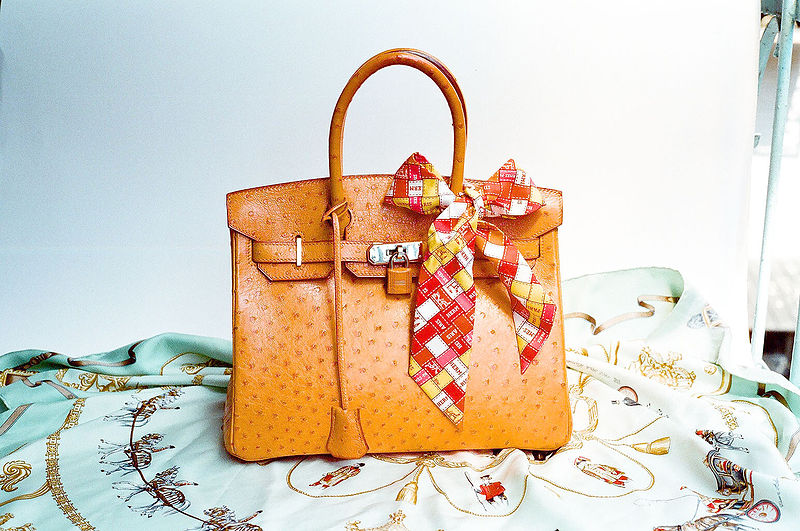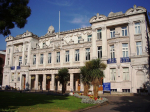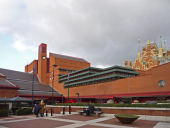
French luxury goods company Hermes reported a 23% rise in sales in the first quarter, exceeding market expectations, due to increased spending by wealthy consumers in China and Europe on
high-end fashion and accessories despite higher prices and global market turmoil. The company's sales for the three months ending in March were €3.38bn ($3.74bn), beating the Visible Alpha consensus for growth of 15% at constant exchange rates.
Eric du Halgouet, Hermes' finance chief, told journalists that store traffic in the United States continued to rise despite a softer demand for fashion, leather goods, and jewellery. He said that globally, an increase in store traffic was observed, and the trends remain favorable, with dynamic traffic in April. Du Halgouet stated that the company remained vigilant regarding macro trends but had not yet seen a slowdown.
According to Luca Solca, an analyst at Bernstein, Hermes' strong US growth was particularly noteworthy, with the group posting a 19% increase in sales in the Americas region compared to 8% U.S. growth for LVMH, Hermes' rival. Solca stated that this confirmed Hermes' superior ability to plough through adverse demand trends, leveraging its high brand desirability and waiting lists for iconic products. Solca added that higher-end exposure to richer consumers was also probably helping.
At the beginning of the year, Hermes raised its prices by around 7%, which is a higher rate than its usual 2-3% annual increase. However, this increase in price did not seem to deter shoppers in China, where Hermes' revenues grew by 23% in the quarter. The Asia region excluding Japan generates nearly half of the group's annual sales.
Du Halgouet stated that tourist flows from mainland China had resumed to Hong Kong and Macau, boosting business there, as well as Singapore and Australia. The company expects Chinese shoppers to return slowly to Europe towards the end of the year. The strict COVID lockdowns dampened luxury demand in China last year, when the market declined 10%, ending a five-year growth streak that saw the market double between 2019 and 2021, according to consultancy Bain.
Hermes is one of the world's most valuable luxury brands, famous for its silk scarves, Birkin and Kelly bags, and perfumes. The company has managed to weather the pandemic well, with its sales down only 6% last year compared to a 17% drop at LVMH. The company has been able to maintain its brand desirability by limiting production and controlling distribution while increasing prices. It is a strategy that has helped it to create an air of exclusivity around its products, making them highly desirable to affluent consumers.
In conclusion, Hermes' strong performance in the first quarter is an indication that despite higher prices and global market turmoil, wealthy shoppers in China and Europe continue to spend on luxury fashion and accessories. The company's ability to leverage its high brand desirability and maintain its exclusivity has enabled it to withstand adverse demand trends and weather the pandemic well.
The company's focus on limiting production and controlling distribution while raising prices has proved successful, making its products highly desirable to affluent consumers. The company is optimistic about its future growth prospects, and analysts believe that its strong performance will continue. Photo by Wen-Cheng Liu, Wikimedia commons.








































